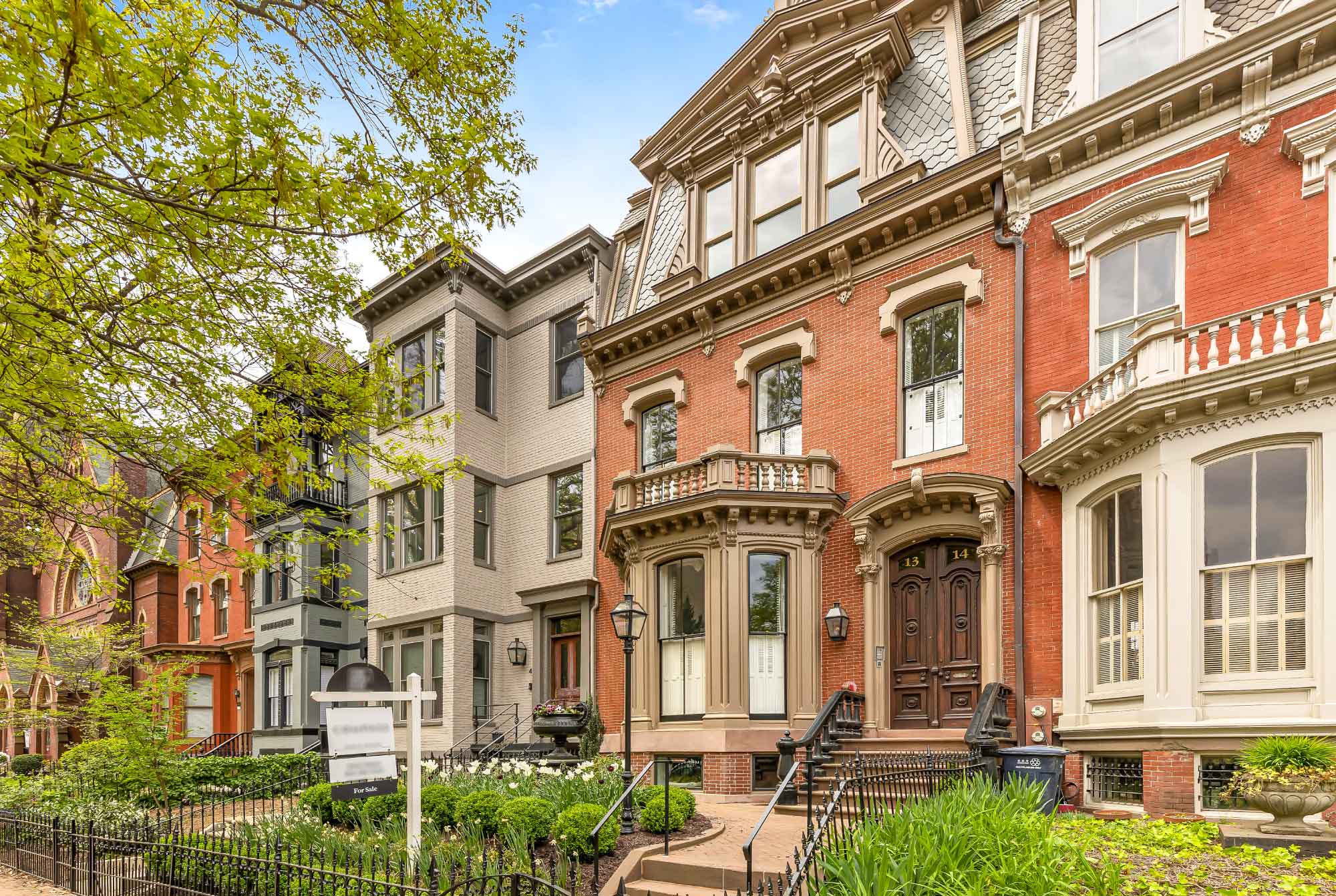Investing In Your Future: Why You Should Buy Your Next Home, Not Rent It
We get it: The thought of buying when you’re so accustomed to renting can be daunting at best — particularly when it comes to saving up for a hefty down payment. But in many cases, the truth is that there’s a significant financial upside to buying a place of your own.
Keep reading for the top reasons why buying versus renting could be right for you!
#1 Rents Are On The Rise: There’s just no getting around it: The cost of rent has increased at a very fast rate throughout the country, and this trend is only expected to continue. In fact, research from the Urban Institute shows that rent in many markets has grown much faster than median incomes.
#2 Owning Is A Better Long-Term Investment: Renting your home means paying your landlord and having nothing to show for it the next month. Home ownership, on the other hand, is a great investment because it’s a method of forced savings. When you buy a home with a 30-year mortgage towards which you make monthly payments, you’ll ultimately own a home that’s yours to sell.
#3 Down Payments Don’t Have To Be Crippling: Dealing with a bad case of down payment-phobia? This just in: There are tons of handy loan and government assistance programs that can get qualified home buyers into a home with a very little dollar down payment up front.
➤ Thinking about buying a home? Read these other blog resources to help you get started:
- The Key to Successfully Buying Your First Home With No Down Payment
- Everything to Know About Mortgages Today
- What to Know Before Buying a Home in DC
#4 Equity Matters: Home values have risen and are expected to continue rising in the future, making homeownership a profitable long-term investment. In the past year alone, home prices have risen 13.2%. Why does this matter? Because increasing property values mean that the money you spend on your home today will provide significant returns in the long run. And every time you make a mortgage payment, a portion of that will help to pay your loan down each month, helping you build equity in the home over time.
#5 Keep Monthly Rates Consistent: Tired of your rent rising? Sick of it causing your budget to change without warning? When owning a home using a fixed-rate mortgage, you’ll always pay the same amount each month and each year. Plus, there’s no risk of a landlord trying to kick you out because he decides to sell.
Curious to learn more about mortgage rates? Here’s some info to get you started:
First things first…what are mortgage rates? Simply put, a mortgage rate is the interest charged on a mortgage loan. Mortgage rates are changing constantly based on market conditions.
What market conditions, you ask? It could be anything from the economy to the characteristics of the housing market to the federal monetary policy. However, your individual financial health will also affect the interest rate you get on your loan. And while understanding what affects interest rates as a whole may be challenging, understanding how they affect you is simple.
Think about it this way: The lower your interest rate, the cheaper your loan will be. If you are aiming to get the lowest interest rate, you should think about the type of loan you’ll use, your qualifying factors, and the condition of the market. At the end of the day, if you have a strong financial profile, your loan will cost you less. So if you want to have a lower rate, you should increase your credit score, lower your debt, and save a healthy down payment — to name just a few.
Types of Mortgages:
#1 Conventional: A conventional mortgage is a mortgage product that follows conforming guidelines and is not guaranteed or insured by a government organization. Conventional home loans are available through individual lenders and may be sold to the two government-sponsored enterprises, Fannie Mae, or Freddie Mac.
#2 Adjustable: While an adjustable-rate mortgage (ARM) allows you to secure your loan with a lower interest rate, you risk your rate going up after a few years in the process. ARM loans typically come with 5/1 or 7/1 terms. This means that after five or seven years, your interest rate may change according to the market at that time. These types of mortgages can be great for short-term home purchases, but are risky nonetheless.
#3 Fixed-Rate: Fixed-rate mortgages offer a fixed payment over time and usually come with 15 or 30-year loan terms. The interest rate is fixed for the life of the loan and won’t change. Even so, a majority of homebuyers want the security of a consistent payment, so they choose to go with fixed-rate mortgages to lock in that assurance.
➤ Want to learn more about mortgages? Read this post here called: Everything To Know About Mortgages Today.
Ready to make the transition from renting to buying? We’re here to help.
Put Us To Work For You
Book a consultation with our team today.
